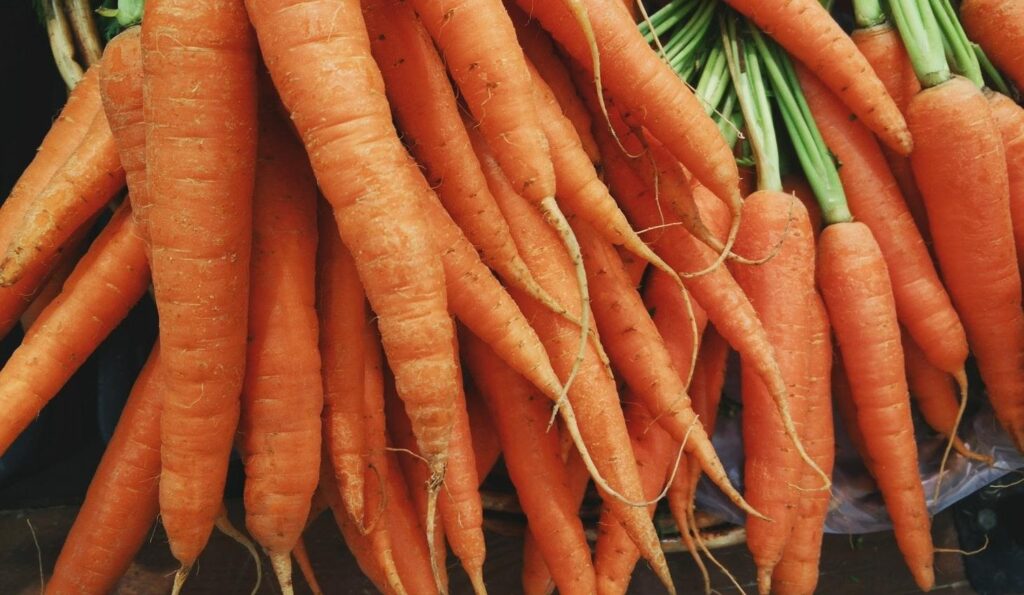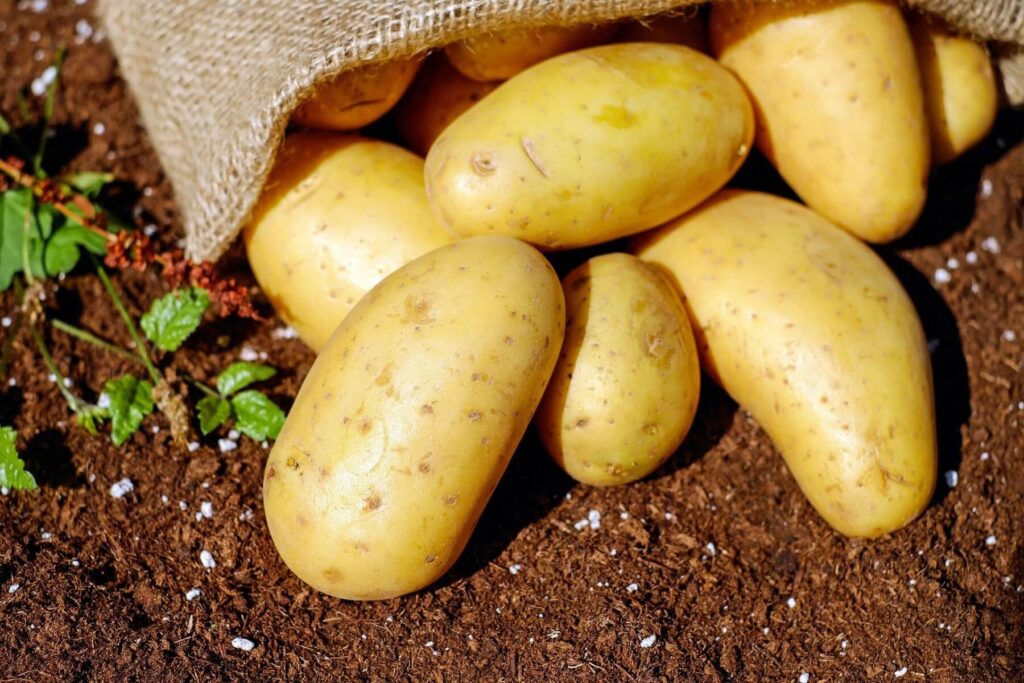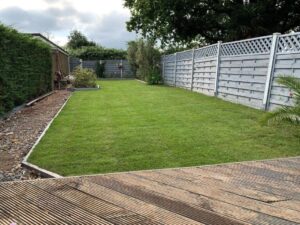
Root vegetables are a great crop to grow in your garden or allotment but tend to take a little time and effort. It can also be tricky to know how they’re getting on given they are underground! Nevertheless, they are some of the most versatile and tasty crops to cook with, and typically store well too.
Some of the most popular options are potatoes, onions, garlic, parsnips and carrots, and there are plenty of varieties to choose from if you want to include them in your crop this year.
Preparing the ground
Before you get started, you’ll need to prepare your space. Ideally choose or cultivate a rich soil which is free from stones – this will allow the plants free access to burrow and grow straight as much as possible. Although, don’t forget that some of the charm with home grown veg are the curvy carrots!
You may need to invest a little time, care and attention in your bed or plot too. Soil ‘in situ’ (in the ground) is generally quite poor in nutrients (statistics show the South having only 2% organic matter compared to the equally small 4-6% in the rest of the country) so it may be a good idea to dig in some compost or manure when preparing your ground. Be sure not to pack the earth too tightly, as the plants will need the room to grow without too much resistance.
Choosing a raised bed
You may also want to think about planting your root vegetables in raised beds or containers. This can offer more easy access when planting out and keeping an eye on the plants. If you’re opting for a raised bed or container, ensuring that it’s deep enough to allow the vegetables to grow. 30cm or 12 inches is perfect, but the deeper the better. There are also specialist options including potato bags, which can be used year after year.

Planting out and nurturing crops
Some root veg, like onions, do well from seedlings, so consider whether you want to opt for seeds or more developed plants. Potatoes need to be chitted first – ideally on a windowsill. If you are using seeds plant directly where you want to grow them – they won’t transplant easily – and space them well.
Root veg thrives in cooler weather – so can be a perfect project if we see a less than ideal UK summer! But all enjoy the sunlight so choose a bright patch.
Like other crops, root vegetables can fall prey to pests so consider companion planting to lure away any insects wanting to set up home – coriander can entice ladybirds and hoverflies who will in turn eat any pests, and chives and garlic can reduce the instance of carrot fly.
Harvesting
Root veg offers a good window for harvesting, from June or July to the winter months, and some crops will be happy to overwinter too so don’t be afraid of giving them time to grow. And when the time comes, enjoy it – harvesting root vegetables is like digging for treasure!
Earth Cycle
If you are planning on planting some root veg, Earth Cycle has everything you need to help you yield a healthy crop. We have composts, topsoils, mulches to help protect your veg from pests, as well as handy gardening tools.
Order online today for curbside delivery. Good luck with your growing!



